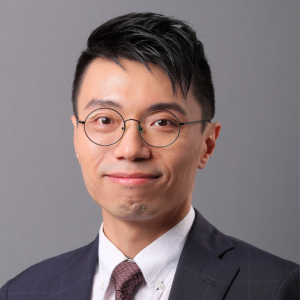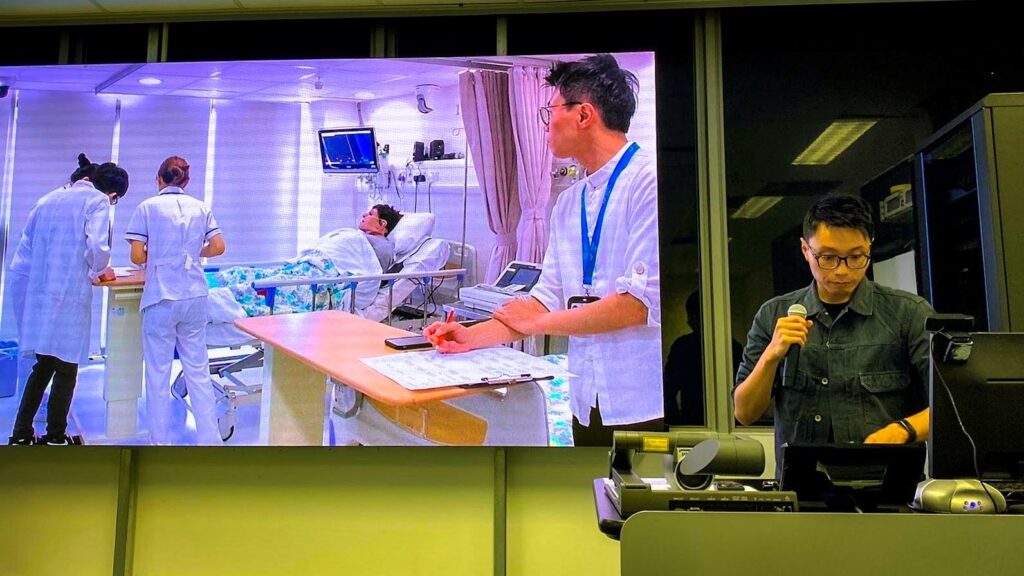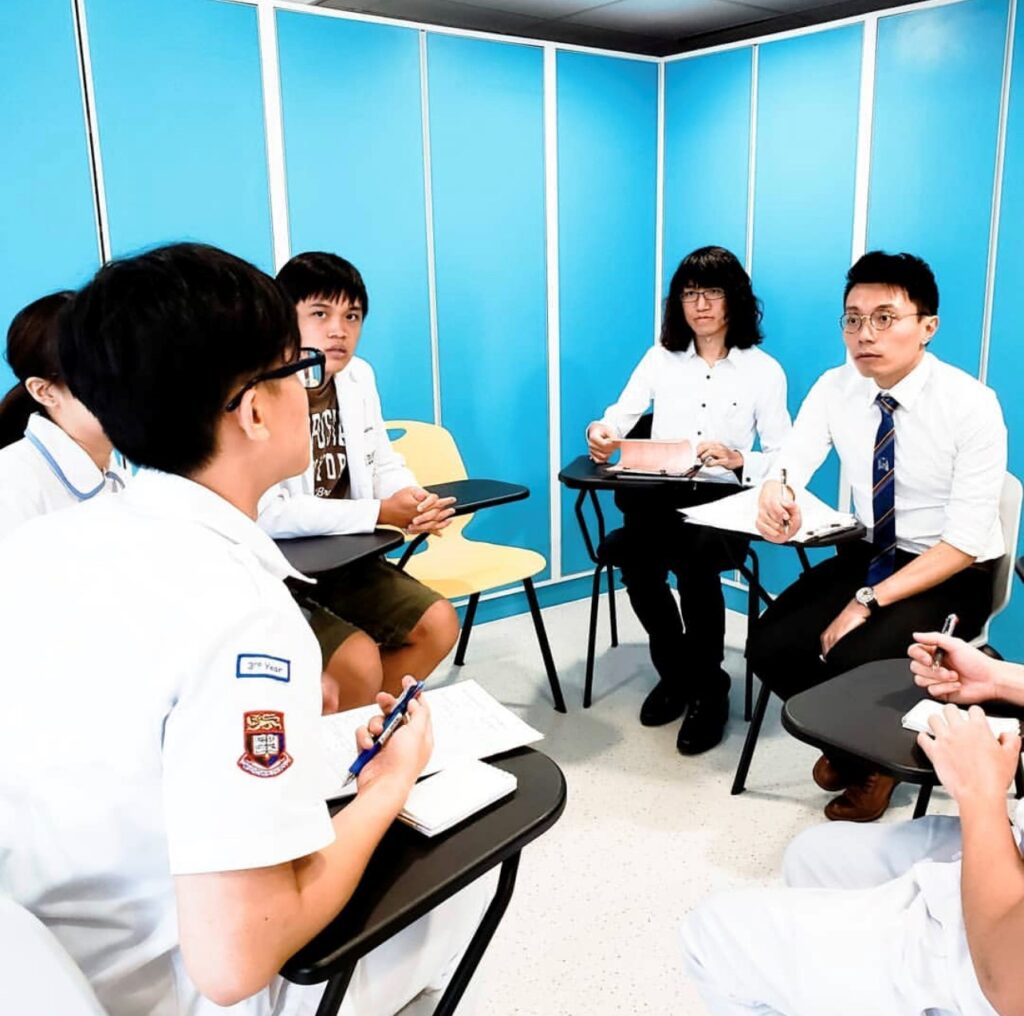
|
What is your teaching philosophy?
The medical profession has been arguably the most respected profession for centuries. It is seen by the general public as one which can be trusted with the most intimate problems, individual or family, medical or social. It has also been the case that, particularly in HKU’s history, doctors have spread their wings beyond the limits of medical practice and have been involved in various aspects of our society. I believe there is a great need for medical practitioners to become more visible within the framework of society, as dispensers of the best medical advice and medication, and involved in issues of population wellbeing. As a medical teacher and a practicing emergency physician, I am committed to developing students towards this goal.
Our education should prepare medical students for the future with essential skills for best medical practice and ill-defined problems. We should get students to reach a higher level of non-technical skills in complex systems. They should be able to think and express their thinking processes professionally. To achieve that, it is my responsibility to create a respectful, welcoming, and fair learning atmosphere.
How do you engage students?
Students are placed at the centre of my classes. Having found the lack of student engagement in a review, I extensively adopted active learning with a flipped classroom. While students learn from readings and video before the class, students apply the acquisition through supervised skill practice with peer support, followed by a small-group debriefing, as guided by Kolb’s learning cycle. I developed updated checklists to guide their preparation and revision. Clinical competence is developed in a stepwise fashion according to milestones, from individual simple tasks (novice) to team-based complex interventions (competent) by their graduation, and then to transcends reliance on rules, guidelines and maxims (expert) in postgraduate medical training according to the Dreyfus Model of Skills Acquisition.
What kind of teacher-student relationship do you establish?
I see myself as students’ learning partner. These days, with easy access to information, students can learn factual materials at any time. I like to teach students about real life problems. In the Public Health Leadership service-learning programme, a team of medical students experienced health administration in a poor rural area in Yunnan, Mainland China for one academic year. These students developed medical leadership through weekly reflective journals. I coached and supported students both individually and as a group, through both face-to-face sessions and social media, so that they perform for strategic results but also develop their personal growth. I learn from students’ perspectives, which offer me insights into both education and their ways of thinking, too.
In what ways do you think your teaching would impact medical students?
Medical training has been regarded as highly specialized training for long. Students are expected to acquire a high volume of knowledge and develop a broad set of skills intensively. With the support from HKU Teaching & Development Grant, I piloted clinical simulation projects which allow students to develop clinical competence in complex clinical settings. Students achieve good competence without memorizing the facts which change from time to time. This helps unload their studies and improve their learning outcomes. This is truly “Less is More”.
What is the broader impact of your teaching in medical or health sciences education?
Over the past 5 years, I have been dedicated to developing 21st Century skills which prepare students to be more competent to solve ill-defined questions through information, media and technology skills, learning and innovation skills and life and career skills, in MBBS and Common Core classes. It would be great to see graduates in the coming years become both clinically competent and prepared for future practice.



|



